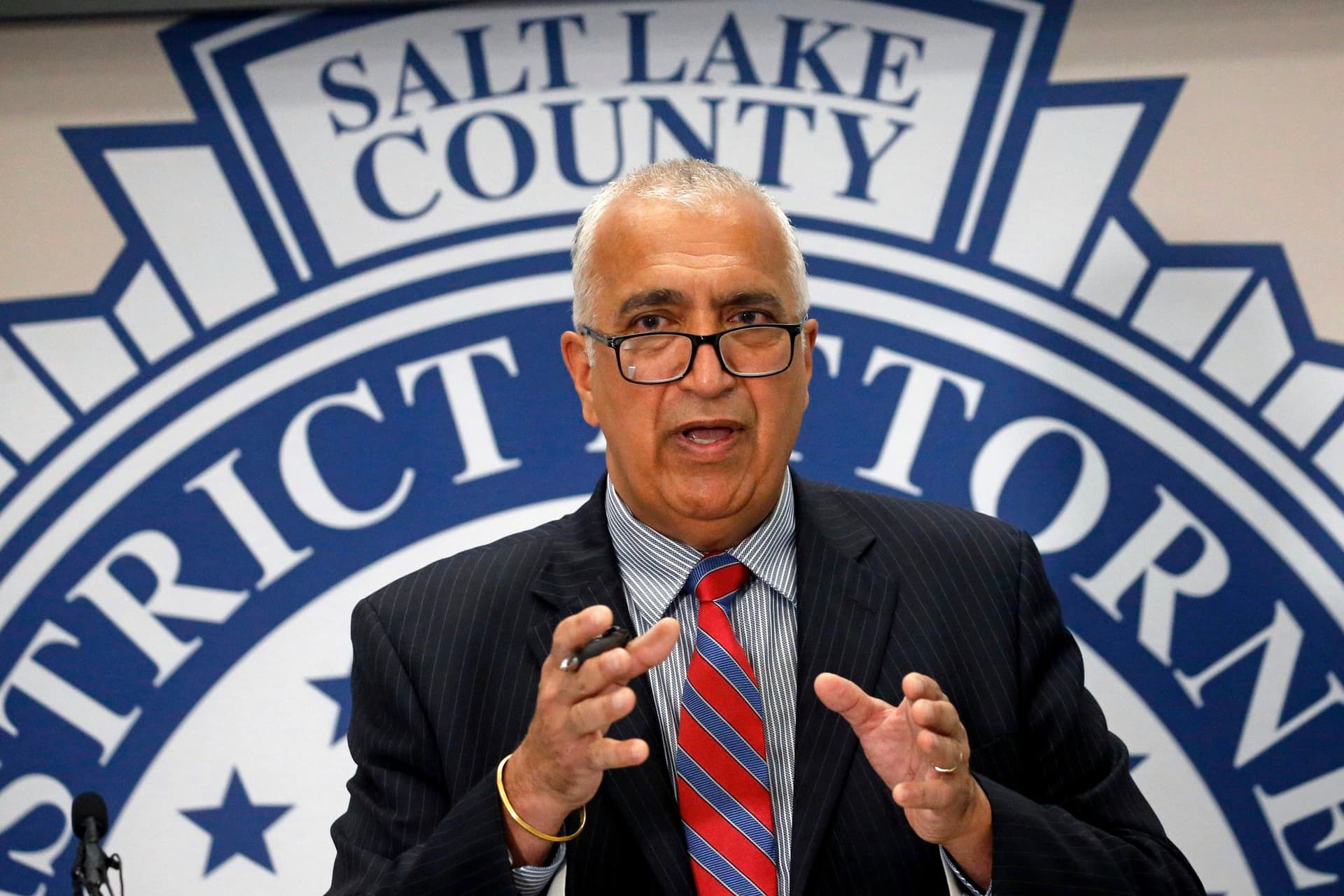Trump Broadens Immigration Operations, Deploys ICE Agents to New Orleans Charlotte
The Trump administration is expanding immigration enforcement operations into New Orleans and Charlotte, CBS News reported, extending a controversial strategy that has already drawn scrutiny. The move raises legal and humanitarian questions for local governments and migrant communities while intensifying national political tensions.
Listen to Article
Click play to generate audio

The Trump administration is expanding immigration enforcement operations into New Orleans and Charlotte, CBS News reported on November 12, 2025, marking a new phase in a nationwide shift toward more aggressive interior immigration actions. The deployments come as the administration pursues broader efforts to deter unauthorized migration and speed removals, a policy direction that has produced clashes with city and state officials and prompted scrutiny from rights groups.
Federal authorities have been moving enforcement activity into jurisdictions that were not previously the focus of large scale operations, seeking to reach migrants beyond border regions. Local leaders in New Orleans and Charlotte have in recent years described themselves as unprepared for sudden surges in federal enforcement activity, citing limited shelter capacity and the fragile networks that support newly arrived asylum seekers. Advocacy organizations warn that expanded operations could push migrants into more dangerous or clandestine routes, complicating community responses and humanitarian assistance.
CBS News has also published reporting that found some Immigration and Customs Enforcement tactics have violated agency rules, a finding that adds legal risk to the current expansion. That reporting has fed a narrative among critics who say the administration is using aggressive enforcement without adequate oversight. Civil society organizations and legal advocates have said they are watching closely for potential violations of procedural protections and longstanding commitments related to asylum processing and the obligation not to return people to countries where they face persecution.
The national rollout occurs against a charged political backdrop. The president has been a central figure in debates over immigration policy since returning to office, and his broader political agenda has included efforts to reconfigure federal immigration operations across the country. These moves coincide with heated discussions in Washington over budgetary standoffs and governance that the White House has linked to political opponents, further politicizing the enforcement decisions.
Local officials in targeted cities face difficult choices. Some municipal leaders emphasize public safety and cooperation with federal law enforcement, while others prioritize protections for immigrant communities and the preservation of local services. Courts have in recent years become a focal point for disputes over the reach of federal immigration enforcement, and legal challenges to expanded operations are likely as advocacy groups seek injunctions or oversight mechanisms.
Internationally, the shift could affect migration dynamics in the Western Hemisphere. Increased interior enforcement can reverberate through migration routes, prompting responses from regional governments and humanitarian organizations that track flows from Central America, the Caribbean and beyond. Human rights monitors note that enforcement policies must be balanced with access to asylum and due process in order to comply with international norms.
As the operations unfold, the immediate questions will focus on how federal and local actors coordinate, how protections for vulnerable populations are maintained, and how courts will respond to any alleged abuses. CBS News coverage and prior investigative findings suggest the expansion will be closely watched by legal analysts, municipal officials and international observers alike.


